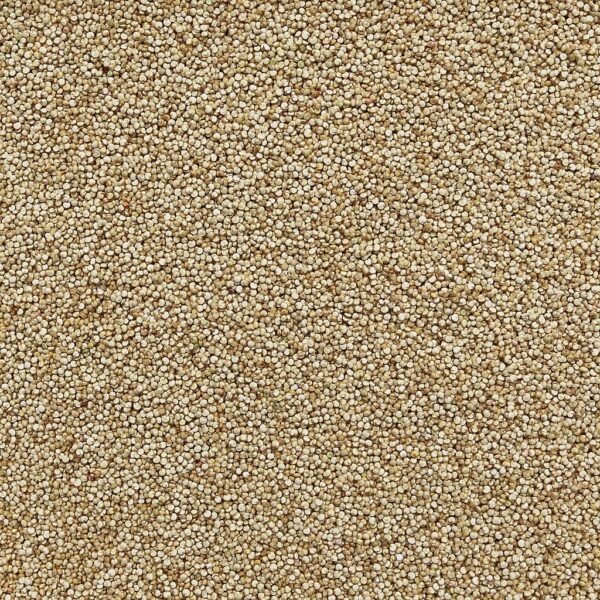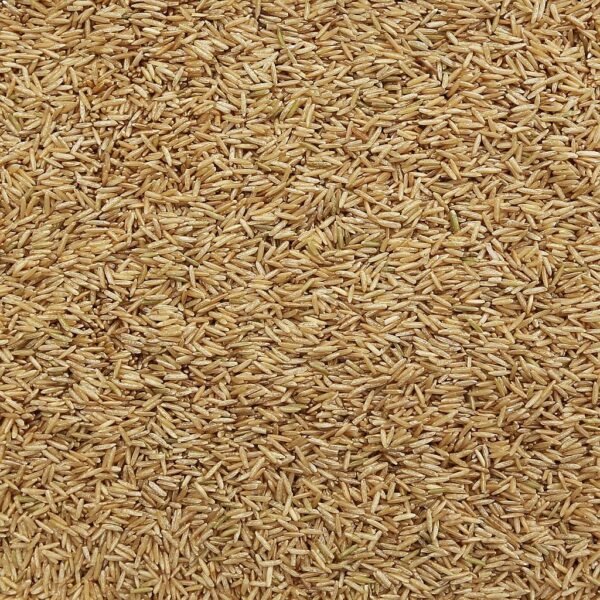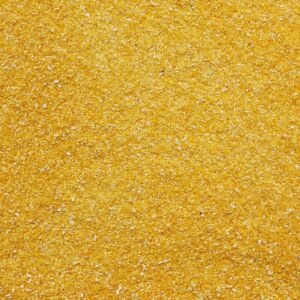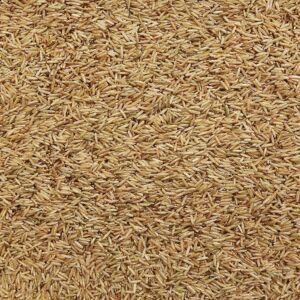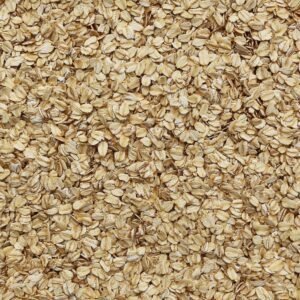Description
Botanical Name: Avena sativa Origin: Canada Production: the raw oat groat is separated from its outer hull by centrifugal acceleration and winnowing. It is then steamed in preparation for rolling into flakes of varying thickness, and finally, kiln dried to enhance flavor and reduce moisture levels to assure long shelf life. Oats are believed to be first cultivated in the Middle East around 3000 years ago and subsequently spread to more Northern climates, becoming a popular food staple throughout Europe. In the 17th century, British settlers introduced oats to North America where they have been farmed ever since. Today, the oats are primarily bailed and sold as animal feed and secondarily used for culinary (whole groats, steel cut, flaked and milled into flour) as well as medicinal purposes (see oat tops and oat straw). Qualities: oats are about 66% carbohydrates (including 11% dietary fiber and 4% beta-glucans), 7% lipids and 17% protein. Their high fiber content and especially the Beta-glucans (a type of soluble fiber) have shown to lower cholesterol and reduce the risk of type 2 diabetes and heart disease. Oats are also a very good source of the vitamin B complex and minerals such as phosphorus, potassium, magnesium, calcium, and zinc. Even though pure oat groats do not contain gluten, most oats are cultivated and processed in such a way that cross-pollination and cross-contamination with wheat are likely to occur. Common use: quick rolled oats, consisting of thinner and smaller flakes, have a similar nutritional profile and the same mild taste but higher glycemic index and creamier texture, compared to regular rolled oats. Both the exposure to steam during processing which pre-cooks the quick oats and the further increase in surface area reduces the cooking time to about 5 min on the stovetop or 2-3 min in the microwave. They also can be prepared by just adding boiling water, stirring, and letting them stand for a few minutes to thicken, making them almost as convenient as instant oats. Either way, they make a quick and easy to digest, nourishing hot breakfast cereal (aka oatmeal or porridge), but are also used in many baked goods such as bars, cookies, and muffins, or as a base ingredient in granolas and mueslis. Gaining in popularity lately is cold “overnight oats”, created by simply soaking equal parts rolled oats in any kind of liquid (water, milk, juice, tea, etc) for a few hours or overnight refrigerated until liquids are absorbed. These softened oats are then like a blank canvas for your culinary imagination reflected in your choice of either sweet or savory toppings and make for a nutritious and easy take-along meal. Storage: keeps well in a sealed container in a cool, dry, and dark location
Disclaimer: this information is for educational purposes only and has not been evaluated by the FDA or CFIA. It is not intended to diagnose, treat, cure, or prevent any disease. This product has been packaged in the same facility as peanuts, tree nuts, wheat, soy, and other potential allergens.




 Nuts & Dried Fruits
Nuts & Dried Fruits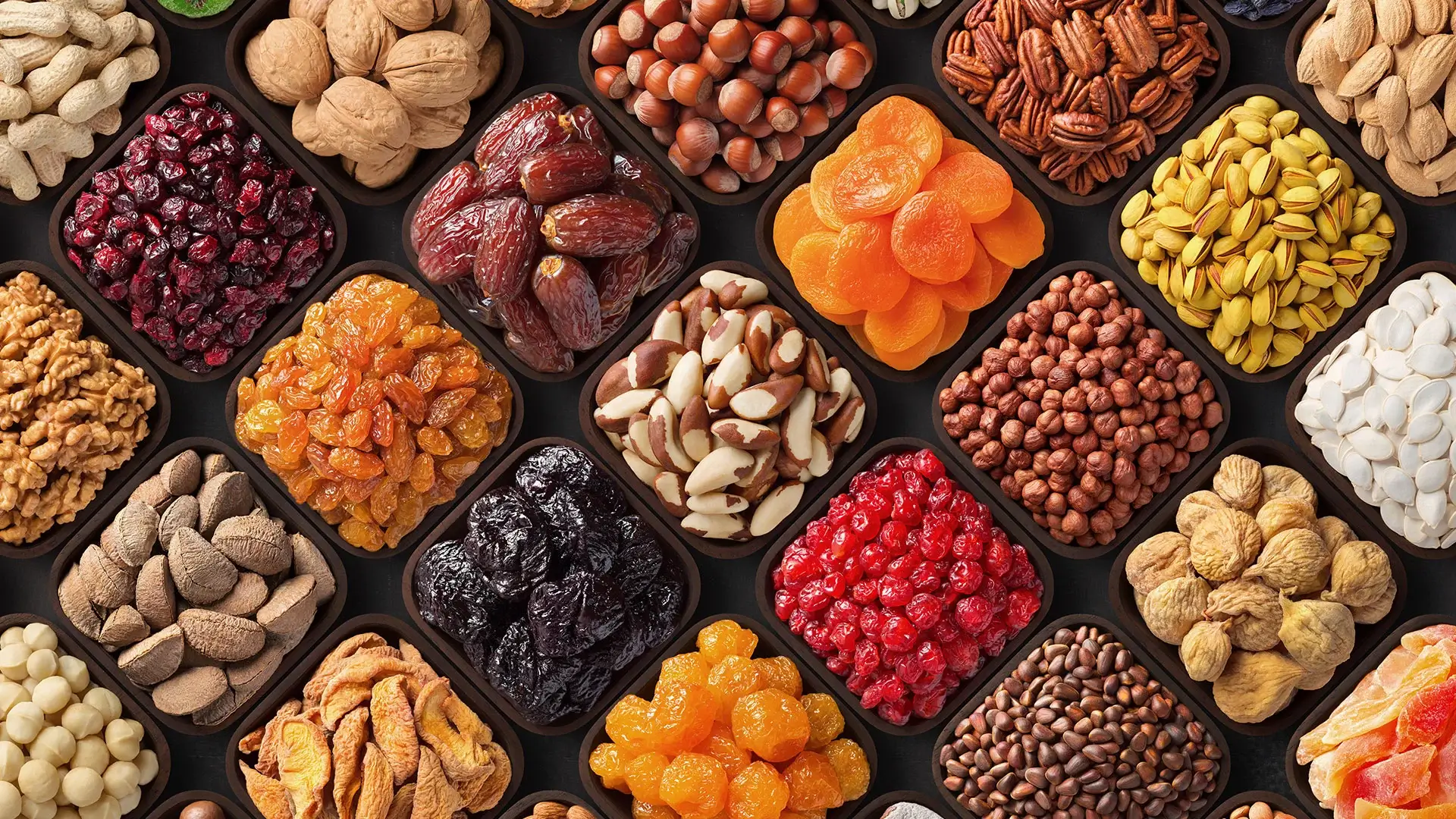
 Meat & Poultry
Meat & Poultry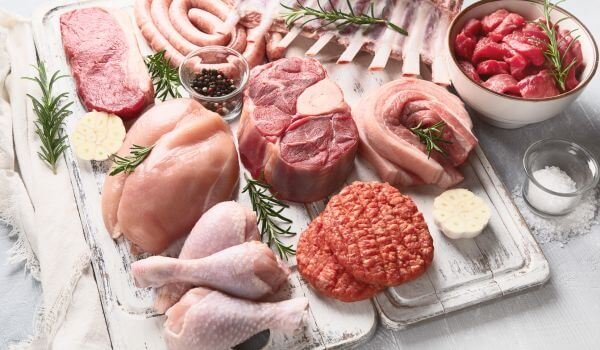
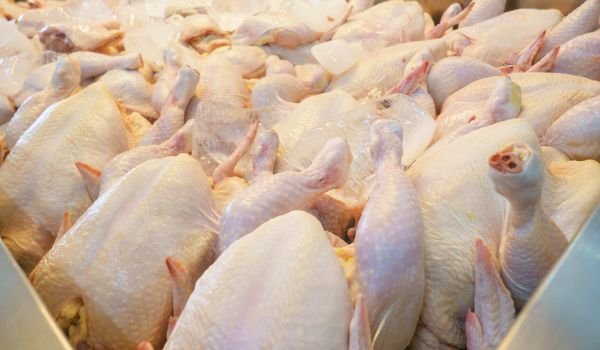
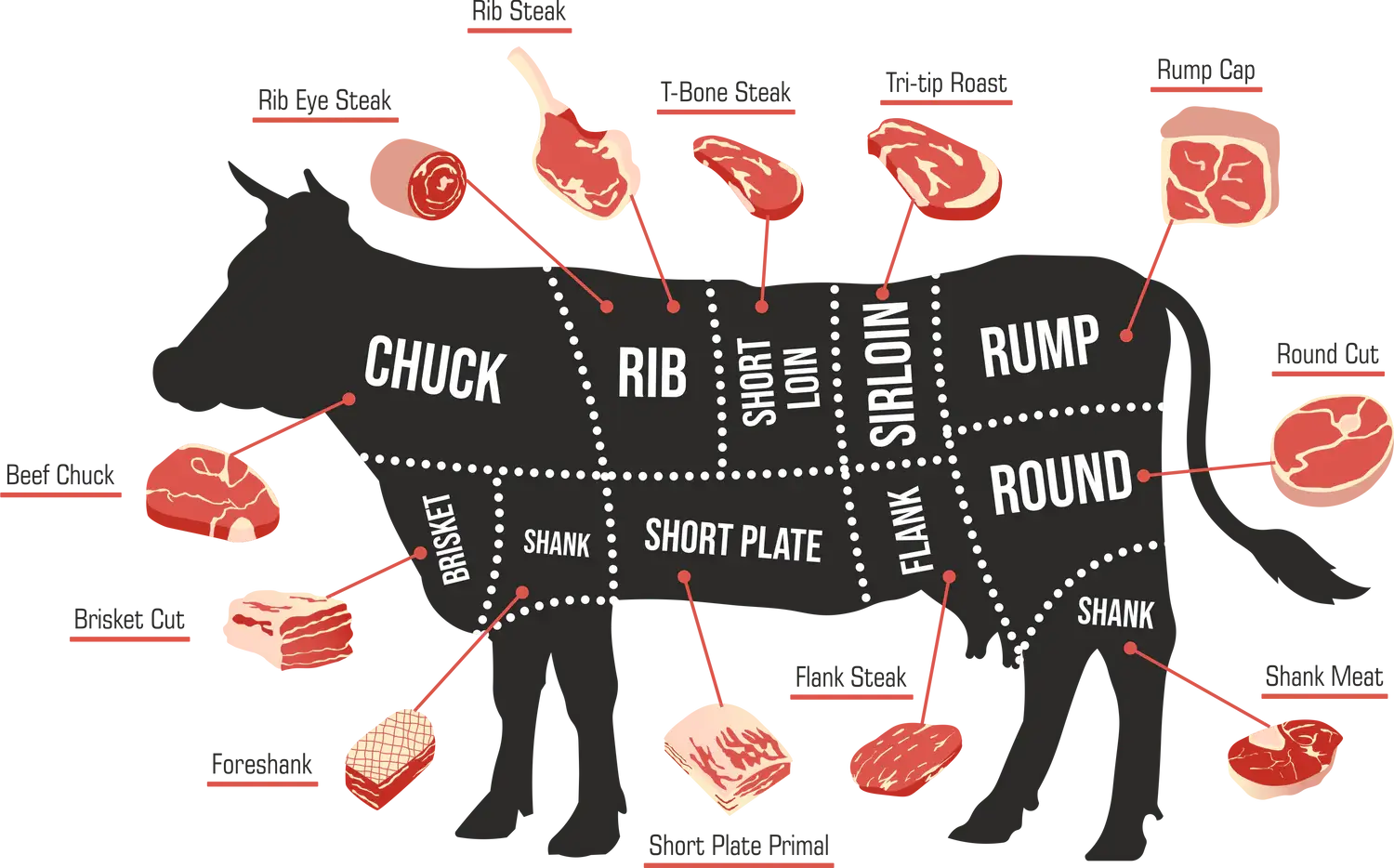
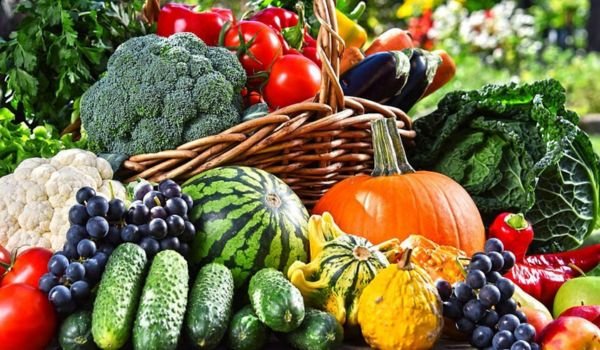
 Seeds & Pulses
Seeds & Pulses
 Spices & Herbs
Spices & Herbs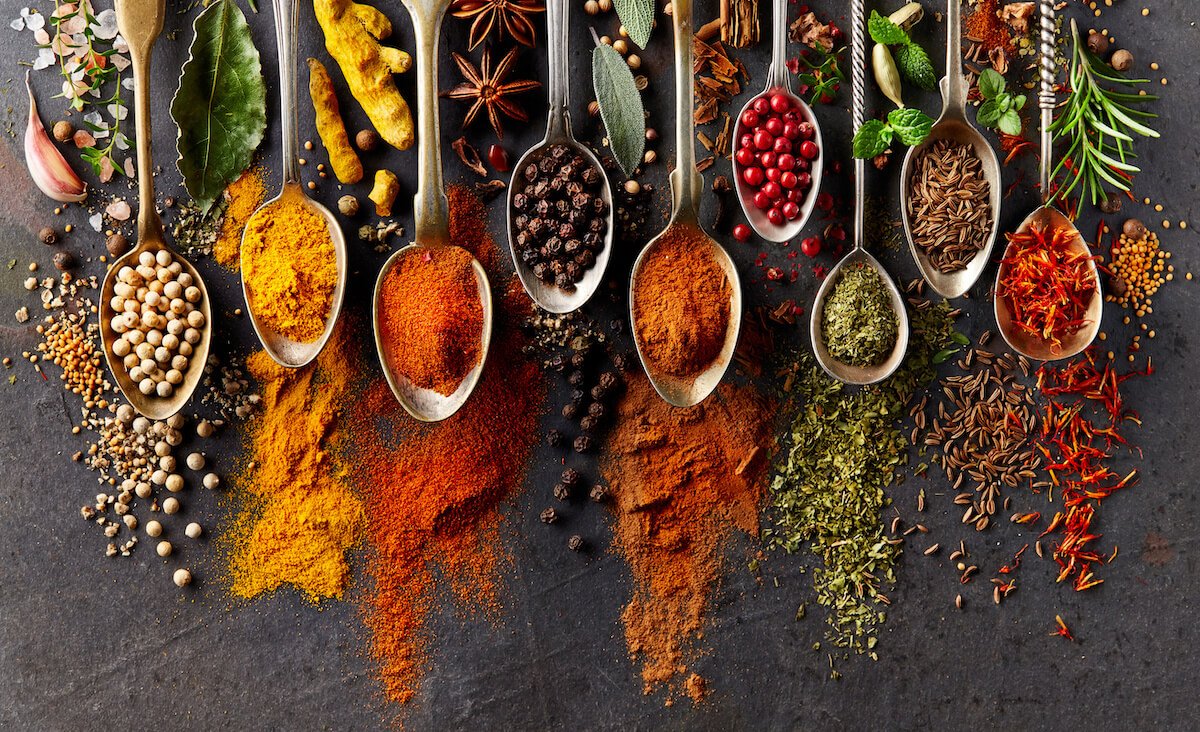
 Beverages
Beverages
